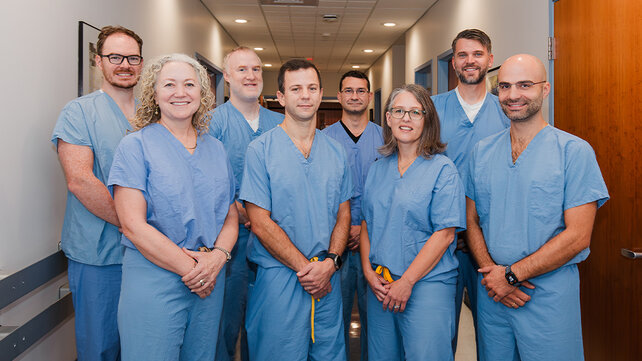Award-Winning Care
We challenge you to find a better weight loss program than ours. Recognized by more professional associations than any other in the region, our high-quality care and excellent clinical outcomes is unmatched. Read why the experts agree.








